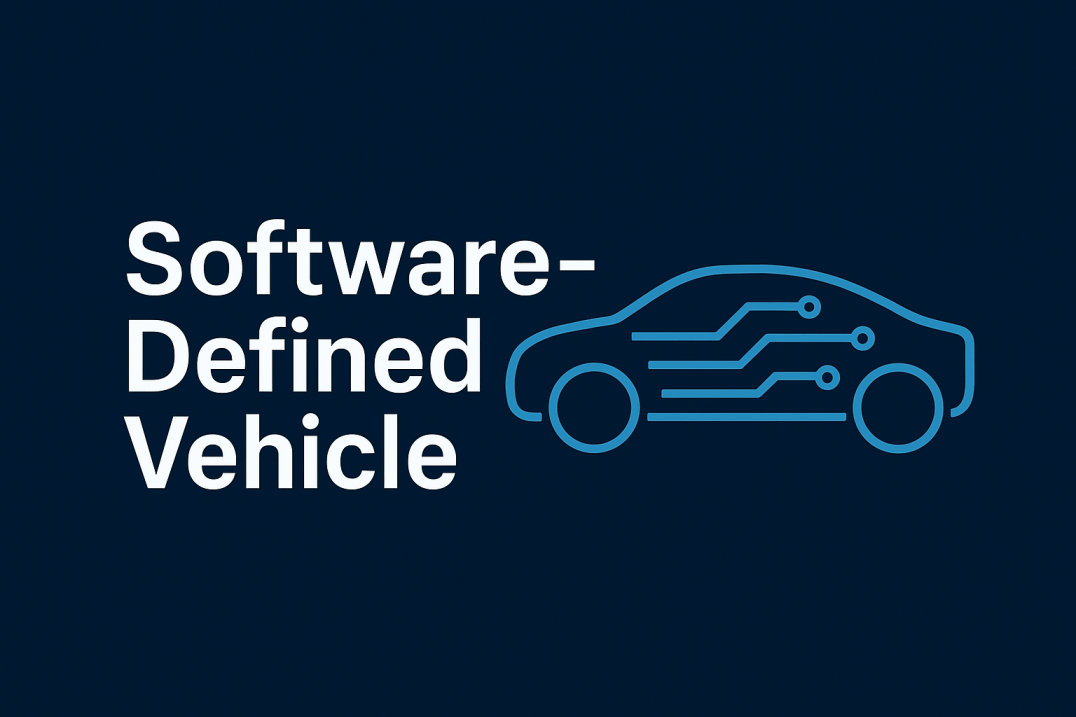
Electric, Connected, Autonomous and Shared Vehicles
Electric, Connected, Autonomous and Shared (ECAS) Vehicles include the full range of transport vehicles, including trucks, buses, trains, metros, ships, drones, helicopters, and airplanes and they have the potential to make land, air, and marine operations safer, faster, more efficient, and greener, contributing to both, the adapted Vision Zero, including work-related deaths as a new central element, and to the European Green Deal initiative.
The European Green Deal defines 4 key elements for a sustainable mobility and automotive industry, namely: climate neutrality, zero pollution Europe, sustainable transport, and the transition to a circular economy.
The greatest challenge for the success of ECAS vehicles is safety and the resulting trust in autonomy which in turn represents the prominent driving force to reach a high user acceptance. Without addressing these issues across the entire Electronic Components and Systems (ECS) value chain, we will not be able to fully use the technological and commercial potentials of autonomous systems in general.
The ICSA group investigates all key findings and challenges related to ECS and architectures for future mass market ECAS vehicles and performs research on the following topics:
- Fusion and perception digital platforms for efficient and federated computing efficient propulsion and energy modules advanced connectivity for cooperative mobility applications
- Vehicle/edge/cloud computing integration concepts intelligent components based on trustworthy AI techniques and methods.
- Perception enhanced with Operational Design Domains (ODD) attributes
- ODD-aware decision-making and planning for cross domain applications
- Monitoring and control solutions for ECAS vehicles
ECAS user acceptance





